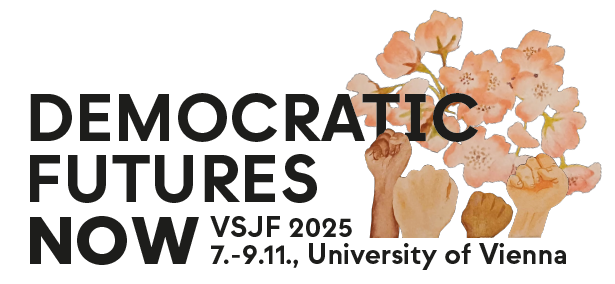Abstract
“The Final Dismantling of Japanese Conservatism and the Future of Democracy”
Short bio
|
Name |
Prof. Dr. Uno Shigeki |
|
Position |
Professor |
|
Affiliation |
Tōkyō University, Institute of social science |
|
Research focus |
History of Political Ideas, Political Philosophy, Democracy and Religion, Labor, Local Governance and Hope in Contemporary Japan, Contemporary Political Philosophy in Comparative Perspective:America, France and Japan, History of French Political Thought in the 19th century |
|
relevant Publications |
Uno, Shigeki. 2023. Nihon no hoshu to riberaru. Shikō no zahyōjiku o tatenaosu. Saihan. Tōkyō: Chūō kōron shinsha Uno, Shigeki. 2020. Minshu shugi towa nani ka. Tokyo: Kōdansha. Uno, Shigeki (Eds.). 2019. Shakai no naka no komonzu. Kōkyōsei o koete. Tōkyō: Hakusuisha. (with Machidori, Satoshi) Uno, Shigeki. 2010. „A Political Philosophy of Labor and Inequality.“ The Journal of Social Science 62(3–4): 153–172. Uno, Shigeki. 2001. „A History of Political Thought on Representative Democracy.“ The Journal of Social Science 52(3): 5–36. |







